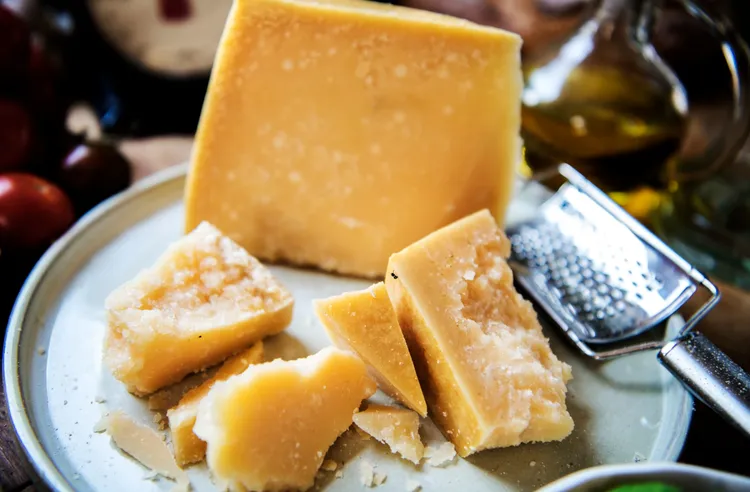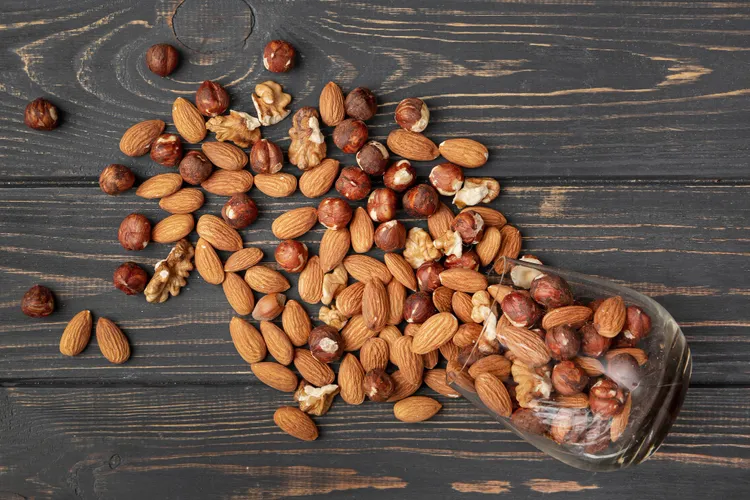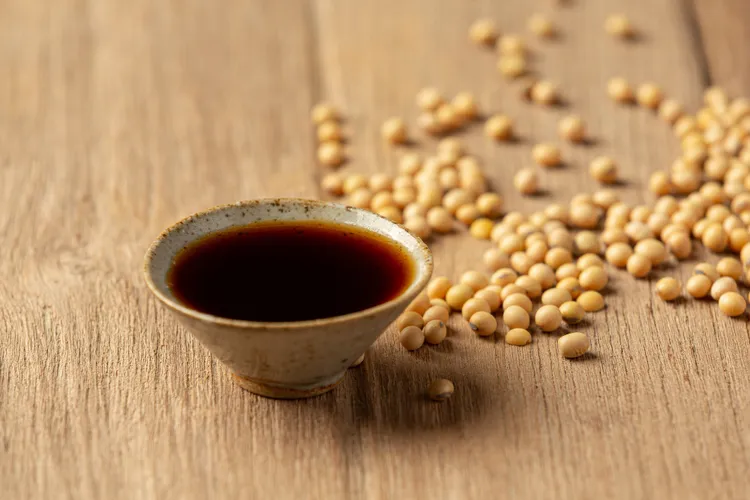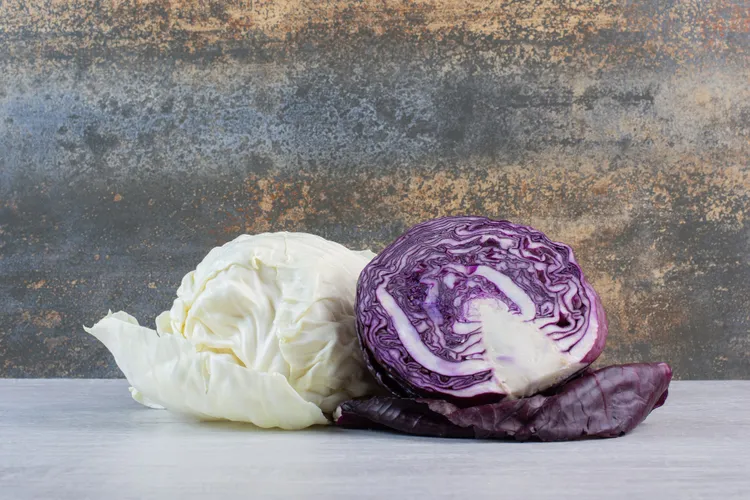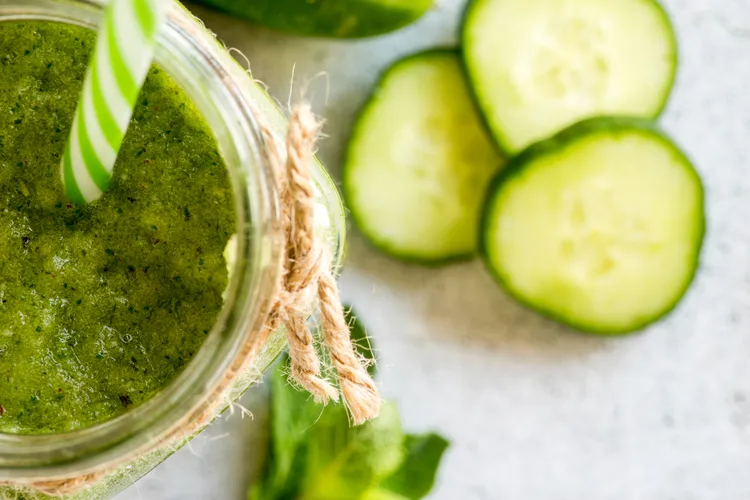Foods to Eat Before Your Morning Coffee
For many, the morning ritual of sipping a steaming cup of coffee is non-negotiable - a jolt of caffeine to kickstart the day. But did you know that what you eat before that first sip can significantly impact your health, energy levels, and even how your body processes that coffee? Timing and food choices matter, especially when it comes to optimizing digestion, blood sugar stability, and nutrient absorption. In this comprehensive guide, we’ll explore why eating before your morning coffee is beneficial, the best foods to consume, and how to craft a morning routine that sets you up for optimal health.

Why Eat Before Your Morning Coffee?
Drinking coffee on an empty stomach may feel like second nature, but it can have unintended consequences for your body. Here’s why eating something beforehand can make a big difference:
- Protects Your Stomach Lining
Coffee is acidic and can irritate the stomach lining, especially when consumed on an empty stomach. This may lead to discomfort, acid reflux, or even gastritis over time. Eating a small meal creates a buffer, reducing the risk of irritation. - Stabilizes Blood Sugar Levels
Caffeine can influence cortisol and adrenaline, hormones that affect blood sugar. Drinking coffee first thing in the morning may cause a spike in these hormones, potentially leading to energy crashes later. Eating nutrient-dense foods beforehand helps regulate blood sugar and provides sustained energy. - Supports Digestion
Coffee stimulates the production of stomach acid, which can be harsh without food to digest. A pre-coffee meal ensures your digestive system is primed and ready to handle the acidity. - Enhances Nutrient Absorption
Coffee contains compounds like tannins that can interfere with the absorption of certain nutrients, such as iron and calcium. Eating beforehand ensures your body maximizes nutrient uptake from your meal. - Balances Cortisol Levels
Cortisol, the stress hormone, naturally peaks in the morning. Drinking coffee on an empty stomach may amplify this spike, potentially leading to jitteriness or anxiety. A balanced meal can help moderate cortisol release, promoting a calmer start to your day.
Now that we understand the why, let’s dive into the what - the best foods to eat before your morning coffee to optimize your health.
The Best Foods to Eat Before Your Morning Coffee
The ideal pre-coffee meal is balanced, nutrient-dense, and easy on the stomach. It should include a mix of complex carbohydrates, healthy fats, and protein to provide sustained energy and stabilize blood sugar. Here are the top food categories and specific recommendations:
- Complex Carbohydrates for Sustained Energy
Complex carbs provide a steady source of energy and help prevent the blood sugar spikes that coffee can exacerbate. They’re also gentle on the stomach and easy to digest.
- Oatmeal: A bowl of oatmeal made with whole oats is rich in fiber, which slows digestion and keeps you full longer. Add a drizzle of honey or a handful of berries for natural sweetness and antioxidants.
- Whole-Grain Toast: Opt for whole-grain or sourdough bread for a nutrient-packed base. Pair it with a spread like avocado or almond butter for added healthy fats.
- Quinoa Porridge: For a protein-packed alternative to oats, quinoa porridge is a great choice. It’s gluten-free and provides a complete protein to keep you energized.
- Sweet Potato: A small serving of mashed or roasted sweet potato offers complex carbs, fiber, and beta-carotene, a powerful antioxidant.
Pro Tip: Avoid refined carbs like sugary cereals or pastries, as they can cause rapid blood sugar spikes and crashes, especially when paired with coffee.
- Healthy Fats for Satiety and Brain Health
Healthy fats slow digestion, promote satiety, and support brain function, which complements coffee’s cognitive boost. They also help coat the stomach, reducing coffee’s acidity.
- Avocado: Rich in monounsaturated fats, avocado is a creamy, nutrient-dense option. Spread it on toast or add it to a smoothie for a quick morning boost.
- Nuts and Seeds: A small handful of almonds, walnuts, or chia seeds provides healthy fats, protein, and fiber. Sprinkle them over yogurt or blend them into a smoothie.
- Coconut Oil: A teaspoon of coconut oil in your oatmeal or smoothie adds medium-chain triglycerides (MCTs), which are quickly converted into energy.
- Nut Butter: Almond or peanut butter on whole-grain toast or a banana offers a satisfying mix of fats and protein.
Pro Tip: Keep portions moderate, as too much fat can slow digestion excessively, leading to sluggishness.
- Protein for Muscle Repair and Stability
Protein helps repair tissues, supports muscle health, and keeps you full longer. It also balances blood sugar, counteracting coffee’s potential to disrupt glucose levels.
- Eggs: Packed with high-quality protein and essential nutrients like choline, eggs are versatile. Try a boiled egg or a quick scramble with veggies.
- Greek Yogurt: High in protein and probiotics, Greek yogurt supports gut health and digestion. Pair it with fruit or a sprinkle of granola for added texture.
- Cottage Cheese: This protein powerhouse is low in carbs and pairs well with fruit or a drizzle of honey.
- Plant-Based Protein: For vegans, a smoothie with pea or hemp protein powder can provide a quick, digestible protein source.
Pro Tip: Pair protein with a small amount of carbs or fats to enhance nutrient absorption and avoid digestive discomfort.
- Fruits and Vegetables for Micronutrients
Fruits and veggies provide vitamins, minerals, and antioxidants that support overall health and combat oxidative stress from coffee’s caffeine.
- Berries: Blueberries, strawberries, or raspberries are rich in antioxidants and low in sugar, making them ideal for a pre-coffee snack. Add them to yogurt or oatmeal.
- Bananas: High in potassium and natural sugars, bananas provide quick energy and help balance electrolytes, which coffee can deplete.
- Leafy Greens: Spinach or kale in a smoothie or omelet adds iron, magnesium, and fiber, supporting energy and digestion.
- Apples: Paired with nut butter, apples offer fiber and natural sweetness to stabilize blood sugar.
Pro Tip: Choose low-glycemic fruits like berries or apples to avoid rapid blood sugar spikes.
- Hydrating Foods for Balance
Coffee is a diuretic, which can dehydrate you if you’re not careful. Starting your morning with hydrating foods helps maintain fluid balance.
- Cucumber: Add cucumber slices to a smoothie or eat them with a sprinkle of salt for a hydrating, low-calorie option.
- Watermelon: This fruit is over 90% water and provides natural sugars for energy.
- Celery: High in water and fiber, celery is a great addition to a morning smoothie or snack plate.
- Chia Seed Pudding: Soaked chia seeds are hydrating and provide a gel-like texture that’s easy on the stomach.
Pro Tip: Pair hydrating foods with a glass of water to enhance hydration before your coffee.
Sample Pre-Coffee Morning Meals
To make it easy, here are a few balanced, quick meal ideas to eat before your morning coffee:
Why it works: Combines healthy fats, protein, and complex carbs for sustained energy and stomach protection.
Why it works: High in protein and antioxidants, with a touch of carbs for energy.
Why it works: A balanced mix of carbs, fats, and micronutrients to stabilize blood sugar.
Why it works: Hydrating, nutrient-dense, and easy to digest, with a balance of fats, carbs, and protein.
Why it works: High in protein and antioxidants, with a touch of healthy fats.
Timing Matters: When to Eat and Drink
For optimal health, eat your pre-coffee meal about 30–60 minutes before drinking coffee. This gives your body time to start digesting the food, creating a buffer for the stomach and stabilizing blood sugar. If you’re short on time, even a small snack 10–15 minutes before your coffee can make a difference.
Sample Morning Routine:
- 7:00 AM: Wake up and drink a glass of water to rehydrate.
- 7:15 AM: Eat a balanced pre-coffee meal or snack (e.g., avocado toast or a smoothie).
- 7:45 AM: Enjoy your morning coffee, knowing your body is primed for it.
- 8:00 AM: Start your day with sustained energy and focus.
Foods to Avoid Before Your Coffee
Not all foods are ideal before coffee. Avoid these to prevent digestive issues or energy crashes:
- Sugary Foods: Donuts, pastries, or sugary cereals can spike blood sugar, amplifying coffee’s stimulant effects and leading to a crash.
- Heavy, Greasy Foods: Fried foods or heavy meats can slow digestion and cause discomfort when paired with coffee’s acidity.
- Spicy Foods: Spicy foods can irritate the stomach, especially when combined with coffee’s acidity.
- Acidic Foods: Citrus fruits or tomatoes, while healthy, may increase stomach acidity when eaten before coffee.
Special Considerations
- Caffeine Sensitivity: If you’re sensitive to caffeine, prioritize protein and fats to slow caffeine absorption and reduce jitteriness.
- Gut Health Issues: If you have IBS or acid reflux, stick to bland, easy-to-digest foods like oatmeal or bananas to minimize irritation.
- Intermittent Fasting: If you fast in the morning, consider a small, nutrient-dense snack like a handful of nuts to break your fast gently before coffee.
- Hydration: Always pair your pre-coffee meal with water to counteract coffee’s diuretic effect.
The Science Behind Coffee and Food Pairing
Research supports the benefits of eating before coffee. A 2020 study in the British Journal of Nutrition found that drinking coffee before breakfast impaired blood sugar control, while eating a meal first improved glucose response. Additionally, coffee’s polyphenols, like chlorogenic acid, can inhibit iron absorption, per a 2018 study in Nutrients. Eating a nutrient-rich meal beforehand ensures your body absorbs essential vitamins and minerals effectively.
Crafting Your Perfect Morning
Your morning coffee is more than just a ritual - it’s an opportunity to fuel your body and mind for the day ahead. By eating a balanced, nutrient-dense meal or snack before your coffee, you can protect your stomach, stabilize energy levels, and maximize nutrient absorption. Whether it’s a quick slice of avocado toast or a hearty bowl of oatmeal, the right pre-coffee foods can transform your morning routine into a foundation for optimal health.
Experiment with the foods and meal ideas above to find what works best for you. Listen to your body, prioritize balance, and enjoy your coffee knowing you’re setting yourself up for success. Here’s to healthier mornings, one sip at a time!


